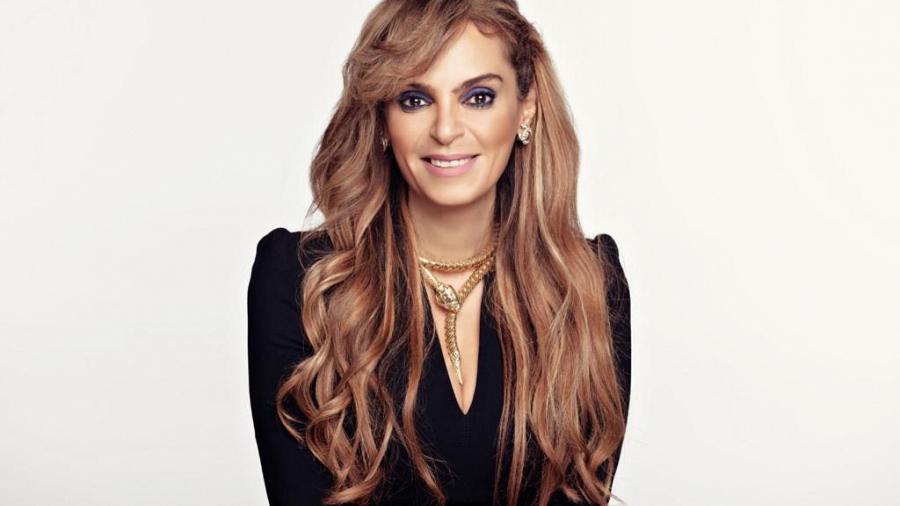PHOTO: CEO, Senator Dr. Rasha Kalej
By Garmah Never Lomo, garmahlomo@gmail.com
Health workers across the continent have been hailed for their priceless contribution to saving lives, particularly during the outbreak of COVID-19.
Merck Foundation CEO and Egyptian Senator Dr. Rasha Kalej described them as “our everyday heroes”, when she addressed this year’s edition of the Foundation’s Africa Asia Luminary Conference convened online.
The CEO acknowledged their sacrifices at the health front saying they will celebrate their joint achievements.
The conference recently discussed strategies and solutions to health challenges confronting the African continent at a conference of African first ladies.

Dr. Kalej said the COVID-19 outbreak made it impossible to hold in person activities for this year’s edition of the Africa Asia Luminary Conference.
According to Dr. Kelej, the strategies and solutions to health challenges are geared towards helping improve access to quality and equitable healthcare solutions and building healthcare capacity in critical and underserved medical areas as diabetes, cardiovascular, endocrinology, cancer, research, fertility care and women health.
Sexual and reproductive care, respiratory medicines and acute medicines are also included, according to Dr. Kalej.
In the opening address, the further the CEO said that more than 1,100 doctors from forty-two countries have benefited from Merck’s scholarships with ore expected to join in the next few years.
Dr. Kalej said more scholarships will be awarded in specialized areas as internal medicine, gastroenterology, mental health, orthopedic trauma, pediatric emergency medicine, dermatology and neonatal medicine. Other fields include pain management, psychiatry, clinical microbiology, urology, trauma and orthopedics.
Dr. Kelej added that Merck foundation started its smart capacity building strategy in partnership with African first ladies and ministers of health and medical societies since 2012 – an exercise that contributed significantly towards transforming and reshaping the land scape of the public healthcare sector and in advancing patient care in forty-two countries something, she described as history in the making.
More than thirteen African first ladies attended the video conference. They included those of Zambia, Angola, Botswana, Burkina Faso, Burundi and Central African Republic. Others are Guinea, Liberia, Malawi, Mozambique, Namibia, among others.

